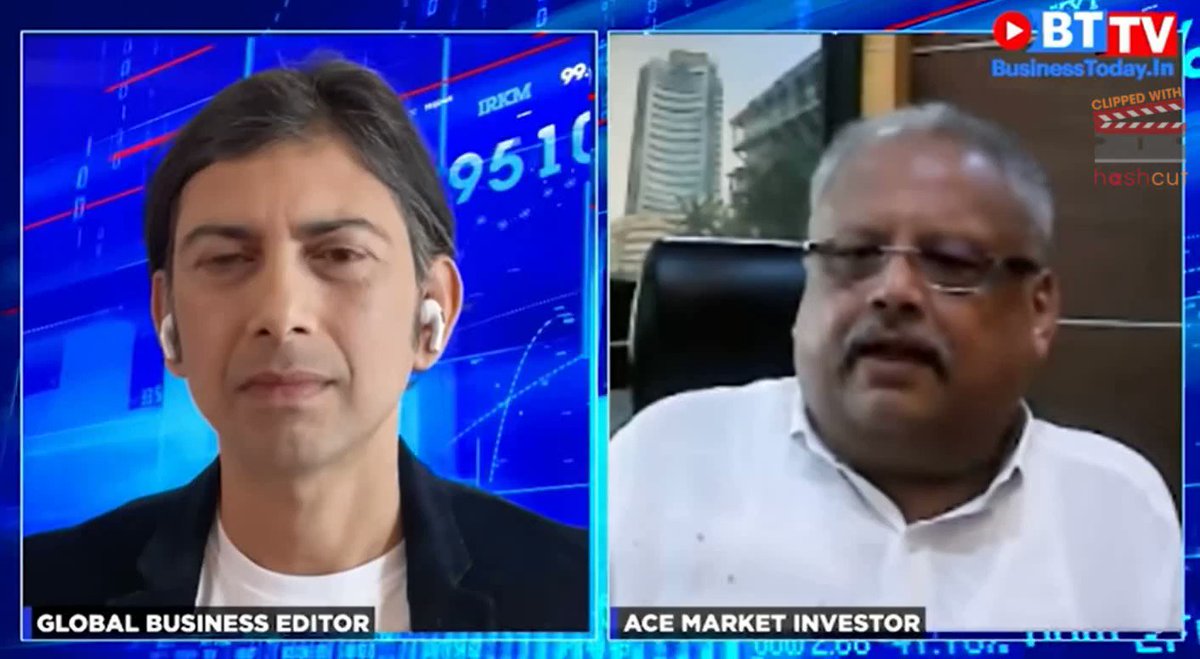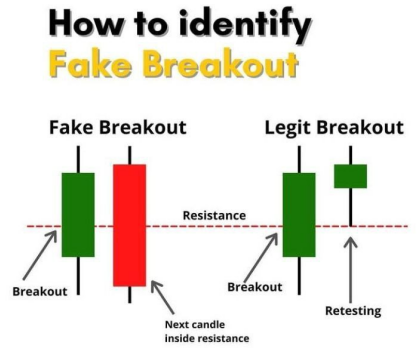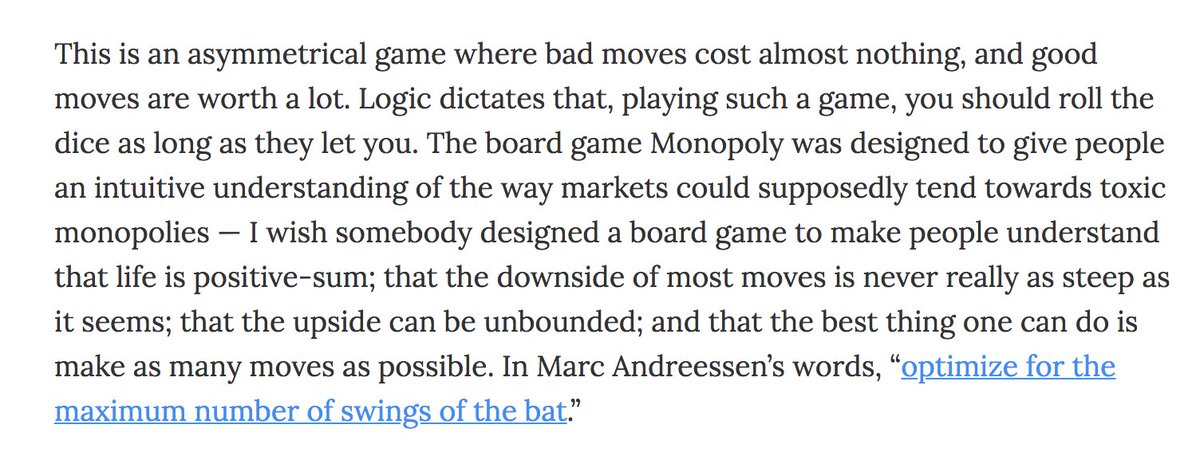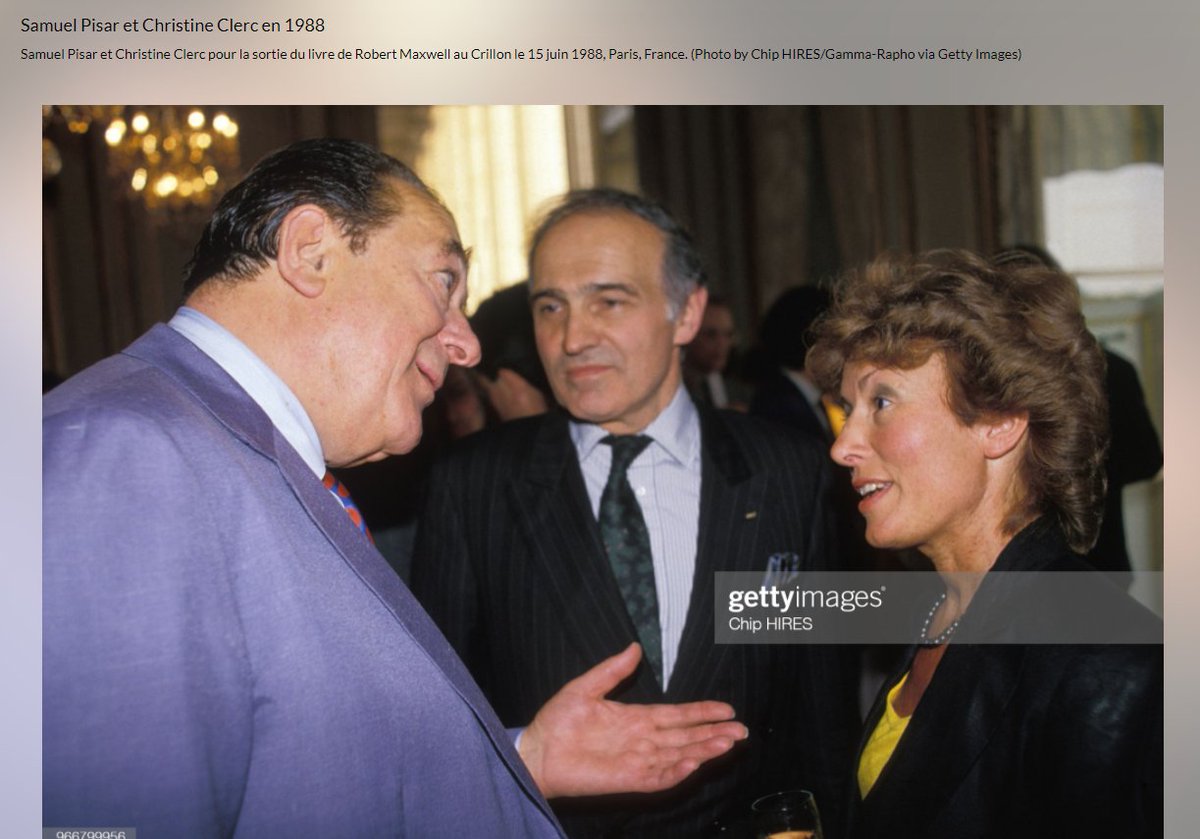2/17
In summary, the Amendment Bill 2021 says:
⚡️ Delicensing of state monopoly- open to competition
⚡️ Consumers can choose discoms (like telcos)
⚡️ Smart meters to plug leakages
⚡️ Easy resolution of disputes
⚡️ Right to 24x7 electricity
⚡️ Rewarding consumers shifting to solar
3/17
We'll discuss these in detail. But first, some context.
India's is the 3rd largest consumer of electricity. But also one of the most inefficient (measured via AT&C losses - electricity that is generated but does not reach intended customers)
AT&C: 22% vs 8% global. Chart 👇
4/17
Currently, only 9% Indians are served by private discoms (Mumbai, Ahmedabad, Delhi).
AT&C loss for Delhi has declined from 55% in 2002 to 9% in 2020 after power distribution was taken over by three private licensees. Makes a strong case for broader delicensing of discoms.
5/17
What are discoms?
The Power value chain:
Raw material (Coal, Fuel) --> Generation --> Transmission --> Distribution --> Consumption
In this chain, Distribution companies (or discoms) have been the weakest link for last 3 decades.
6/17
India has over 30 Discoms and they run deep losses each year (loss of ₹ 90,000 crore in FY 2021). Thus, the Discoms are unable to pay to Gen-cos on time (dues of ₹ 67,917 cr at Mar-21). Which impacts new capacity creation.
Hence discoms are the core focus of new reforms.
7/17
Previously, State govts. have been making big cash infusions into Discoms without any significant impact - a bottomless pit.
As per P Uma Shankar (Former power secretary), & Vinay Chatterjee (Chairman-Feedback Infra), following are key problems have stayed in Discoms:
8/17
Old problems require new solutions.
The last Budget has proposed to allocate 3.05 lakh crs in next 5 years for the revival of Discoms but this time, the focus is not just to infuse capital for a temporary bailout but on the actual transformation of the way discoms operate.
9/17
Till now there were state monopolies among Discoms but Electricity Amendment Bill '21 has proposed to delicense this (> 1 player can operate in a state).
+You can choose to use the service from the provider who you feel is more efficient, like your telecom service provider.
10/17
Most importantly, to solve the operational issues like revenue collection & billing, private players will now be allowed to work with discoms:
1. Either as a franchisee (just helping state discoms in operations) or
2. License model (ownership of assets as well)
11/17
Further, a Public-private partnership (PPP) will help the industry to cut losses, focus on providing 24*7 electricity and invest in the development of renewables (currently 25% of total power capacity and 10% of generation).
Rough estimates from Tata Power 👇
12/17
Private players like #TataPower (Licensee model - Delhi, Odisha) and #TorrentPower (Franchisee model - Bhiwandi) are already winning bids.
#AdaniTransmission is also looking for a license & will be participating in bids with implementation of smart-meter conversion.
13/17
Another key reform is Smart Meters, which will help in plugging leakages and improve billing efficiency.
By December 2023, all existing meters where power loss > 15% have to be placed with prepaid smart meters and in all government buildings.
https://t.co/GVQ8T0eAIG
14/17
As per Powerline research, Smart meters is helping the discoms to improve the collection efficiency by 95% & also leading to ~15% increase in average revenue.
15/17
Next issue is fixed Power Purchase Agreements. This has changed with companies now able to purchase power from the exchange (#IEX).
Other initiatives: Solar pumps for agriculture, differential tariff based on demand & Direct benefit transfer of subsidies to beneficiaries.
16/17
It will take around a year to get in action and for private players to participate actively and help transform the industry structure.
And the private players are watching keenly. Extract from Tata Power earning call:
17/17
Conclusion: India has one of the largest and most complex power sectors in the world. Last 2 decades saw gradual evolution - grid electricity, lesser power cuts, increase in renewables.
If the Bill is passed, the next decade can well be a decade of power renaissance.
Addendum: Niti Ayog's detailed report on turning around the Power Distribution sector (some great insights here)
https://t.co/ERUgLNKJWQ
If you found this helpful, please retweet and follow
@multipiesocial. Next up, we are writing some insightful sector notes - Auto, Banking, NBFC, IT in that order.
Link to top of thread
https://t.co/td6tggNqAc
Here is a summary of Niti Ayog's recommendations for Power discoms.

























